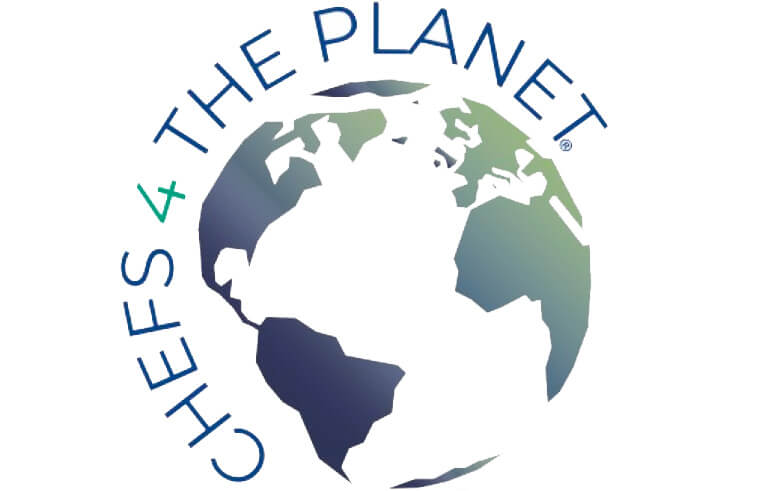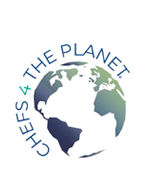Since its early days, Slow Food has put the defense of biodiversity at the heart of its strategies. This precious natural resource is under threat worldwide, including in Europe. But what is biodiversity? What does it have to do with our food and health? And what is the European Union doing to restore its richness?
Our health depends on the health of our planet. If this fact was not clear for everyone yet, the Covid-19 pandemic has shown us the fundamental importance of ecosystems and biodiversity for our health and our economic and social stability. Degradations of nature caused by human activity, causing pollution and change to habitats, have lain the foundation for the emergence of all recent diseases (covid-19, Ebola, MERS, SARS, avian influenza, etc). A high price to pay for mankind but also for all other living beings. According to the latest IUCN (International Union for Conservation of Nature) “Red List”, around one third of the world’s known animal and plant species are at risk of extinction, from mammals and birds to reef corals and crustaceans.
Biodiversity designates the variety of plant and animal life in the world or in a particular habitat, and its loss does not only involve wild species, but also agrobiodiversity, namely the animal breeds and plant varieties. According to FAO estimates, out of 6,000 plant species cultivated for food, fewer than 200 contribute substantially to global food output, and only nine account for 66 % of total crop production. The world’s livestock production is based on about 40 animal species, with only a handful providing the vast majority of meat, milk and eggs. This loss has 1 deposit casino nz.com direct consequences on the food we eat. “Less biodiversity means that plants and animals are more vulnerable to pests and diseases. Compounded by our reliance on fewer and fewer species to feed ourselves, the increasing loss of biodiversity for food and agriculture puts food security and nutrition at risk”, said FAO’s Director-General José Graziano da Silva.
Biodiversity – from the most basic one (gene diversity) to the most complex (ecosystem diversity), is the greatest richness of our planet, and it needs protection. But there is still a long way to go before we can reverse the devastating effects of human activity on nature. Let us take the case of Europe. In its latest “State of nature in the EU” report, the European Environmental Bureau revealed that 81 % of habitats are in poor condition, with peatlands, grasslands and dune habitats deteriorating the most, with intensive agriculture, urbanization and unsustainable forestry activities identified as top threats.
Read the rest here: https://www.slowfood.com/biodiversity-is-our-life-insurance/


